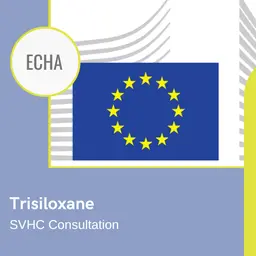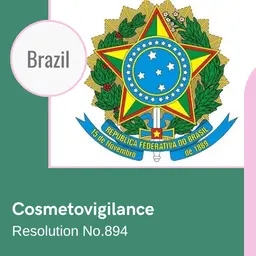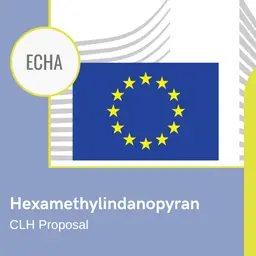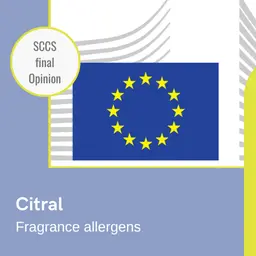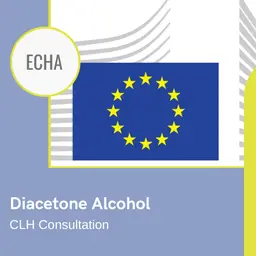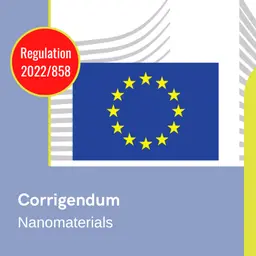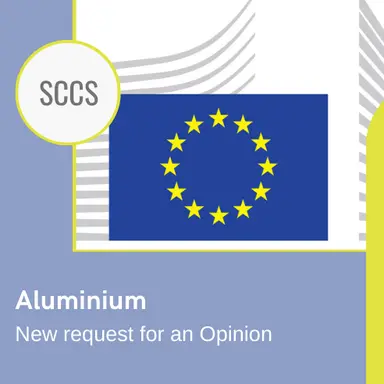
This is a new episode in the long history of the safety assessment of aluminium in cosmetics. Following a new submission of exposure data by the “Aluminium” Consortium led by Cosmetics Europe, the European Commission has just asked the SCCS (Scientific Committee on Consumer Safety) to give its opinion again, and possibly to review the conclusions of its previous Opinions.
Background
Aluminium (Al) and Al compounds are used in a variety of cosmetic products, predominantly in deodorants, antiperspirants, lipsticks, and toothpastes. Several Al compounds are regulated in different entries of the Cosmetics Regulation (EC) No.1223/2009.
In 2013, a risk assessment issued by the Norwegian Scientific Committee for Food Safety reported that cosmetic products, and in particular antiperspirants, constitute a significantly larger contribution to the total systemic Al exposure compared to diet at least for the Norwegian population that was used in the study. As a result, SCCS was mandated to evaluate the possible risk for human health arising from the presence of Al in cosmetics. The assessment was based on products and aluminium compounds that contributed to the highest consumer’s exposure, namely antiperspirants/deodorants, toothpastes, and lipsticks.
In its Opinion SCCS/1525/14, the SCCS concluded that, due to the lack of adequate data on dermal penetration, the requested risk assessment could not be performed.
In 2016, industry submitted a new safety dossier to address the dermal penetration and the fate of Aluminium (after skin application) based on a human exposure study. At its plenary meeting on 3-4 March 2020, the SCCS adopted its final Opinion SCCS/1613/19 and in March 2021 an …




